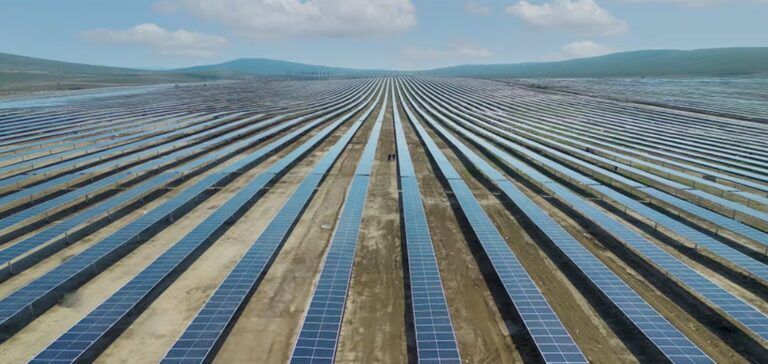Masdar has announced the successful issue of a $1 billion green bond to finance renewable energy projects as part of its Green Finance Framework.
This second green bond, a year after an initial issue of $750 million, was heavily oversubscribed, with demand reaching $4.6 billion, i.e. 4.6 times the amount offered.
The issue consists of two tranches of $500 million each, with maturities of 5 and 10 years and coupons of 4.875% and 5.25% respectively.
The final breakdown of investors was 70% international and 30% regional (MENA).
Use of funds
The funds raised will be used to finance greenfield projects, mainly in developing economies, with the aim of reaching a portfolio capacity of 100GW by 2030.
Masdar’s first green loan in 2023 financed projects with a total nameplate capacity of 3.7GW, and these projects are expected to mitigate 5.4 million tonnes of GHG per year.
Masdar’s Green Finance Framework, which has received a top rating of SQS-1 from Moody’s, ensures transparent allocation of funds.
Financial reports for 2023 show efficient use of funds to finance projects in emerging markets and the Global South.
Evaluation and Impact
Masdar obtained an AA- rating from Fitch and an A2 rating from Moody’s for this second green bond issue, reflecting the company’s financial strength.
Fitch recently upgraded Masdar’s rating by one notch to AA-, with a stable outlook, recognizing significant shareholder support.
The lead managers and bookrunners for the issue were First Abu Dhabi Bank, Abu Dhabi Commercial Bank, Citibank, HSBC, Standard Chartered, Crédit Agricole CIB, Natixis and MUFG.
The funds are intended to expand Masdar’s renewable energy capacity and support projects in emerging markets and the Global South.
The aim is to make a significant contribution to the global energy transition by increasing access to renewable energy.






















